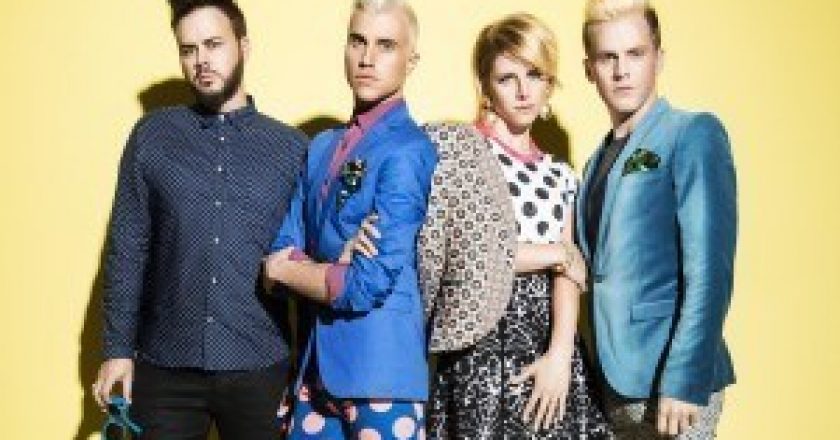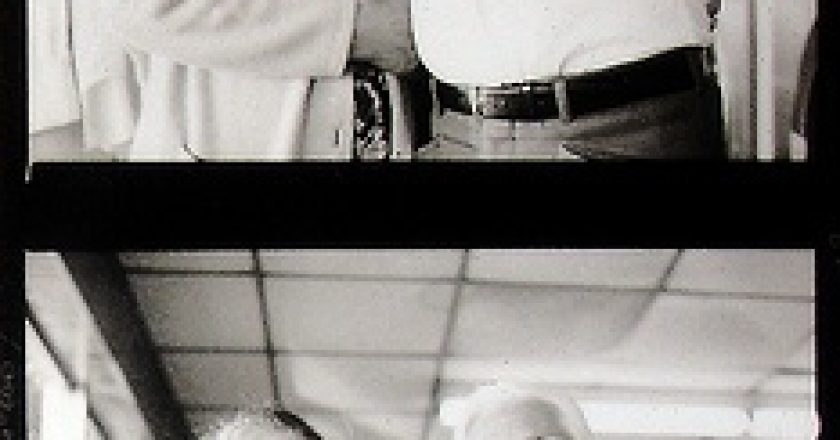Statistics tell us that in 2017 alone 81 percent of Americans had a social media profile—but how can you market yourself on social media professionally?
It’s amazing the way people perceive someone from a simple, yet detailed, social media website such as Facebook, Twitter, LinkedIn or Instagram. The saying is true: “A picture says a thousand words.” So how do you make yourself more appealing when it comes to prospective head hunters looking for their next applicant?
To market yourself on social media, eliminate all those old photos starring you holding a beer bong or a bottle of liquor with your tongue hanging out—for starters. Sure, save them onto your computer so you can look back someday and laugh at your memories, but remove them from social media because employers will take a look at a candidate’s social media profiles. The last impression you want to make on a prospective employer is that you’re unprofessional and irresponsible. There’s a time and place for everything, and as we get older, we need to leave a lasting, positive impression for those who may help us plant seeds for long and prosperous career.
A person’s perception of you can change in an instant. All it takes is some light “Facebook stalking” to find out where you might live, who you’re currently dating and the things you enjoy doing. I, personally, have found myself reeling in shock after seeing an old friend’s social media page. It makes you wonder what kind of life they’re living and this is what potential employers will think, as well. Even though you may not be connected on social media, your profile picture is very much visible and certain information about yourself could be posted publicly. To market yourself on social media to a professional standard, hide anything that may potentially harm your reputation—such as offensive public statuses or tweets—and make a future boss reconsider adding you to the team. Instead, consider publishing your academic and professional achievements. You can also use platforms like Twitter and Facebook to build a network of like-minded professionals by making groups or forums for topical discussions. This will help future employers see that you are serious and passionate about the industry you’re applying for.
Not every profile photo of yours needs to be of you wearing professional attire or a head shot you had snapped at Sears. Just try to keep it moderately conservative and classy. Don’t be too revealing in certain areas—if you catch my drift. Men: this goes for you, too. Keep status updates to a minimum so it doesn’t appear that you spend a majority of your day with your nose in your phone. Yes, we all have our opinions on politics, children and lifestyles; to a head hunter, however, an aggressive and assertive personality could spark controversy in an office setting—this is a big turn-off for someone in search of a solid candidate. So keep those blunt thoughts between you and friends, and off of your social media accounts.
I’m not saying do not be true to who you are—by all means, be yourself. Just remember though, you’re not the only person viewing your profile. Words mean something, an image represents something, and social media portrays you. Don’t be fake, just be smart. A positive mind is the beginning to a positive life. You know that Memories notification you get on Facebook every day that displays everything you posted on that very day over the past um-teen years? Wouldn’t you love to look back at it in a year and say, “Wow, I’ve come a long way since then.” Welcome to adulthood!









